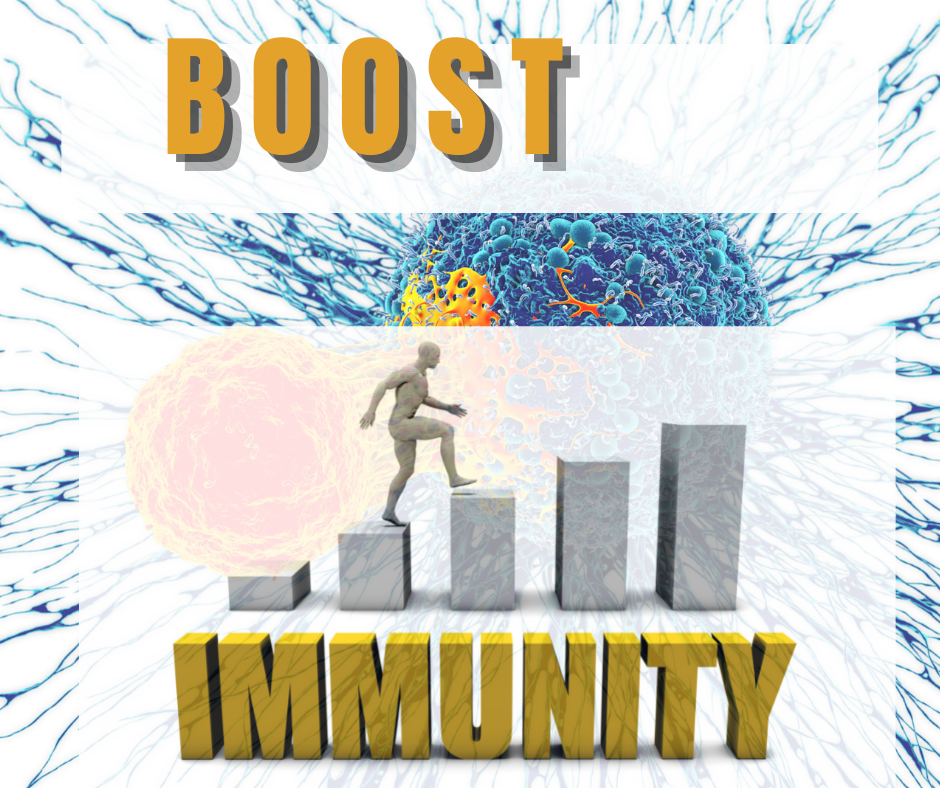What is herd immunity? This is the theory that if a large enough percentage of a herd has been exposed to a particular illness, then the population is more likely to be protected from the illness.
The definition of herd immunity was formulated by the United States National Academy of Sciences in 1973. Its goal was to establish that human herd immunity was an important factor in maintaining health. In this sense, the theory is to establish that disease can be passed from humans to animals through interaction.
There are several pathogens which can spread from one animal to another through the exchange of disease. For example, a contagious virus can be passed from one infected animal to another in a controlled environment such as a livestock farm or factory farm. It is thought that because humans and animals have been exposed to the same virus, the body will be less likely to develop a full-blown case of the disease. If the disease is not passed, then the disease will remain dormant within the body of an infected animal until it has the chance to again be transmitted to another animal.
Another example of the herd immunity theory is measles. Measles is highly contagious. Humans who come into contact with infected animals can contract the illness through coughing or sneezing. If the animal did not have immunity, it will die from measles. Therefore, it is believed that the smaller the percentage of people who are immunized, the lower the risk of contracting the disease.
The importance of the theory of immunity is that it helps explain why most children can transmit disease from parent to child without being affected. A child who does not have immunity can become infected with the disease even after being infected through direct contact. Until the child's body has developed immunity, they are considered vulnerable.
Another part of the theory of immunity is that it explains why adults exposed to diseases can often transmit the disease to their children without being affected by them. There are two reasons for this. First, children who survived these diseases did not develop immunity, which makes them vulnerable.
Second, the theory of immunity is also important because it helps explain how children can overcome diseases that were previously eradicated. For example, measles was once common but was eradicated in the 1940s. Although measles is no longer common, in some countries the majority of the population has contracted the disease and is immune. Therefore, if you travel to these countries, you may still be at risk of contracting the disease.

Children are more susceptible to disease than adults, but they can usually beat the disease if they are vaccinated
This means that if they do get sick, their immune systems will be strong enough to fight the disease. This is especially important if the illness is not too serious. Immunocompromised or immunocompromised people should not worry about herd immunity.
Herd immunity theory is important because it provides us with an explanation of why people who go out into the wild can survive in the wild without developing any immunity to disease. In addition, it is important to note that the theory explains how animals can transmit disease from one animal to another without harming another animal. It also explains why people can develop immunity and not get sick.
If there were no immunity, then the only way that humans could prevent the disease from happening to them is if they had immunity. However, most people who have the disease do not have any form of immunity. Because of this, it is important for us to take vaccinations and take care to make sure that we are not exposed to the disease in any way. The theory also explains why so many children suffer from vaccine-related diseases when they come into contact with animals.
The importance of the herd immunity theory also explains why so many children do not get sick when they get vaccinated. Children who are not protected by the vaccination are more likely to contract diseases when they do get ill. This theory also explains why those who have been immunocompromised or immunodeficient cannot develop the disease when they become infected. When they get sick, the immunity that they have may allow them to fight off the disease by fighting off the infection before it spreads throughout the body.
The importance of the herd immunity theory is important for those who are looking to protect their children. Because immunocompromised or immunodeficiency can cause disease, it is important for children to be vaccinated so that they can avoid contracting diseases and even dying of them. Children who are unprotected will not be able to fight off the disease.